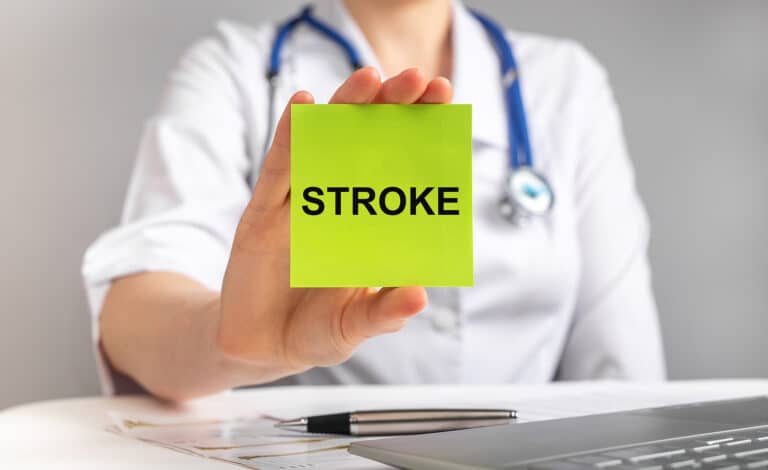Age-related changes in blood vessels and the cumulative effects of unhealthy lifestyle choices over time can contribute to an increased susceptibility to strokes in older individuals. This is a scary thought, but through a healthy diet and exercise, your senior may be able to lessen the likelihood of a stroke. Unfortunately, a healthy diet and exercise may not entirely prevent a stroke from happening. When it does happen, it can be frightening, and dealing with the recovery can be challenging, especially if your loved one is choosing to age in place. However, with the help of companion care at home, your loved one can still recover independently. Here are a few things you should know about stroke recovery.
Immediately After It Happens
Both you and your loved one may be shocked about what has happened. First, it’s time to acknowledge that your mom or dad is getting older, and with it comes challenges. It’s okay to admit this stroke scared you, and it’s okay to admit you may need more help for your loved one from companion care at home.
Once all the feelings are out in the open and your loved one has a good support system, here is what you can expect after the first few days of a stroke. Your senior mom or dad should have a medical team in place who will develop a medical plan to ensure they are properly looked after and can recover better and still live a high quality life. A good doctor will carry out tests that will help the entire team understand how much damage has been done to their bodies. After that, your loved one will go through motion exercises to help regain strength and balance. Your senior may need to see a doctor and a physical therapist for several weeks or months. Companion care at home can drive your loved one to every appointment the senior agrees to.
Your Loved One May Need Inpatient Care
An inpatient program is a structured and intensive healthcare or treatment program where individuals receive care and treatment while staying within a healthcare facility or hospital for a specified period. Inpatient programs are often used for conditions that require close monitoring, such as severe medical illnesses, mental health disorders, addiction treatment, or rehabilitation after surgery or a serious injury. The stay of the visit will depend on how much care your senior needs. If they are doing okay, they will be allowed to go home and continue aging in place as long as they get regular checkups. For anything more severe, they may have to stay longer than you expect, but it’s important to listen to all medical advice after a stroke.
When They Go Home
While your senior loved one is in the hospital or inpatient program, it’s time to set up their home so their quality of life does not go down. Companion care at home may also be able to help with this task. Even after going home, your senior should follow the treatment plan because this will ensure they recover well and less damage is done to their body from the stroke. Even when they go home they should focus on the treatment the doctor has advised.
If you or an aging loved-one are considering Companion Care at Home in Raleigh, NC, please contact the caring staff at Affordable Family Care.
Serving Raleigh, Greensboro, and the surrounding areas in North Carolina. Call today (919) 676-1070
- The Benefits Of Home Care For Seniors With Arthritis - April 9, 2025
- Does Your Mom or Dad Need 24-Hour Home Care? - March 27, 2025
- Why Sun Protection Is So Important For Seniors - March 7, 2025







